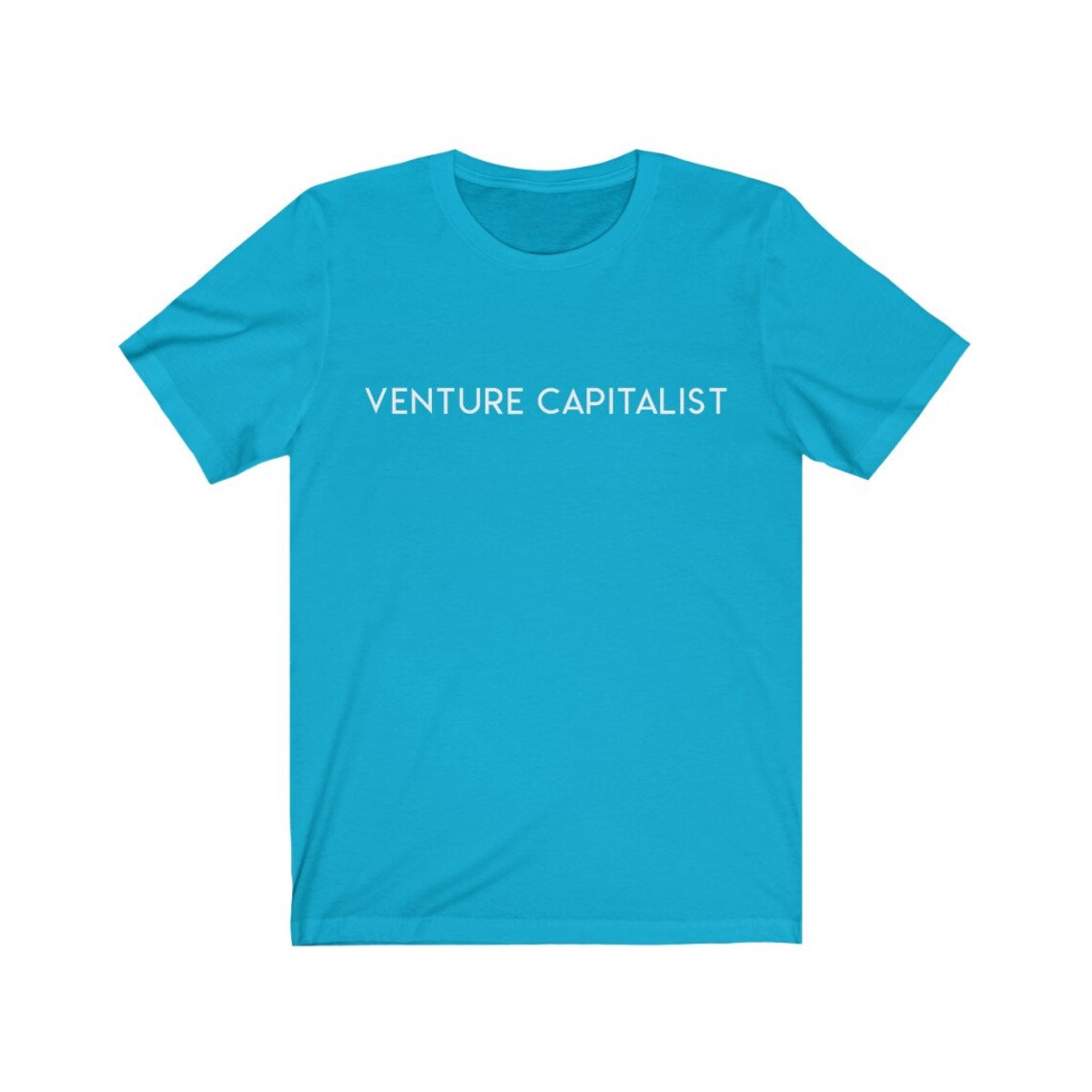
#Venture capitalist salary software#
The process of building software and taking it to market became better understood by more people.Įven more, recurring fees overtook the traditional method of selling software for a one-time price. Founders could lean on AWS instead of having to spend equity capital on server racks and colocation. The Wall Street crew just gets a final lap at the milk saucer. The prices that venture capitalists have historically paid for startup equity in high-growth tech upstarts make IPO pops appear de minimis it’s the VCs who make out like bandits when a tech company floats, not the bankers. Thus, venture capitalists sold their capital dearly to founders. Higher-than-average investment risk meant that returns from winning bets had to be very lucrative, or else the venture model would have failed. Lessin notes that venture capitalists once made risky wagers on companies that often withered away. (For fun, here’s a long-ass podcast I participated in with Lessin last year.) A capital explosion This will be fun, and, because it’s Friday, both relaxed and cordial. But I don’t fully agree with his conclusions, and want to talk about why. Its author, Sam Lessin, makes some pretty good points. It does not store any personal data.Venture capitalists are chatting this week about a recent piece from The Information titled “ The End of Venture Capital as We Know It.” As with nearly everything you read, the article in question is a bit more nuanced than its headline. The cookie is set by the GDPR Cookie Consent plugin and is used to store whether or not user has consented to the use of cookies. The cookie is used to store the user consent for the cookies in the category "Performance". This cookie is set by GDPR Cookie Consent plugin. The cookie is used to store the user consent for the cookies in the category "Other. The cookies is used to store the user consent for the cookies in the category "Necessary". The cookie is set by GDPR cookie consent to record the user consent for the cookies in the category "Functional". The cookie is used to store the user consent for the cookies in the category "Analytics". These cookies ensure basic functionalities and security features of the website, anonymously. Necessary cookies are absolutely essential for the website to function properly. Hence, this situation can lead to moral hazard. Moreover, a high degree of asymmetry between information and capital can push entrepreneurs to take risks they otherwise wouldn’t. Founders and managers are more likely to know more than their investors do, which creates a problem called information asymmetry. Why do VCs wrest control of companies away from founders? Many reasons can be attributed to the power of information. VCs wrest control of companies from founders But there are ways to overcome the gender bias and make women entrepreneurs more attractive to VC firms. This lack of women entrepreneurs in Europe has led to reduced demand for external financing. Despite being aware of external financing options, female entrepreneurs were less likely to seek VC funding. A recent study suggested that women are less risk-taking than men when they start a new business. The gender of the entrepreneurs is a contributing factor to a decreased demand for venture capital.

Women are less risk-taking in venture capital It also explains why VCs tend to wrest control of a company before it has even been able to develop a sustainable business. This article explains why women often don’t get VC money.

The VC model appeals to the lottery mentality, causing founders to lose control of their businesses before they’ve even gotten off the ground. Women are often less risk-taking than men in the entrepreneurial world, but this doesn’t mean they’re immune to the impact of venture capital.


 0 kommentar(er)
0 kommentar(er)
